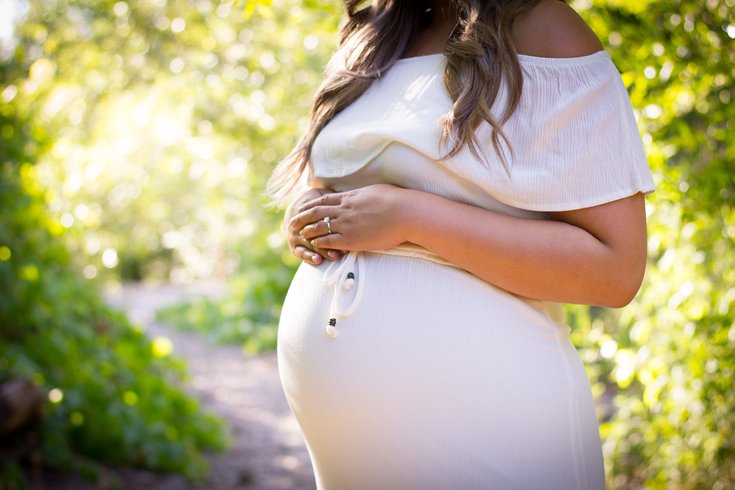
February 28, 2024
 Ryan Franco/Unsplash
Ryan Franco/Unsplash
Pregnant women who receive mental health support are significantly less likely to develop postpartum depression and anxiety, according to a new study funded by the National Institutes of Health.
Mental health support for pregnant women reduces the incidence of postpartum depression and anxiety by more than 70%, a new study found.
The results from a large clinical trial funded by the National Institutes of Health indicate that an anxiety intervention given to pregnant women in Pakistan "significantly reduced the likelihood of the women developing moderate-to-severe anxiety, depression or both six weeks after birth."
Researchers suggest the intervention, administered by providers with an equivalent of a bachelor's degree in psychology, "could be an effective way to prevent the development of postpartum mental health challenges in women living in low-resource settings."
"In low-resource settings, it can be challenging for women to access mental health care due to a global shortage of trained mental health specialists," said Dr. Joshua A. Gordon, director of the National Institute of Mental Health. "This study shows that non-specialists could help to fill this gap, providing care to more women during this critical period."
As part of the study, pregnant women participated in six intervention sessions in which they learned how to identify anxious thoughts and behaviors – such as thoughts about possible miscarriage – and to practice replacing those distressing thoughts with more helpful ideas and practices, according to the report.
Only 9% of the women who received the intervention developed moderate-to-severe anxiety compared to 27% who received routine care group. Similarly, only 12% of the women in the intervention group developed depression compared with 41% of women in the routine care group.
The prenatal period is a critical time for mental health intervention since anxiety during pregnancy "predicts the development of anxiety and depression" in postpartum women. Up to 30% of women in the Global South, including South America, Africa and most of southern Asia, report experiencing anxiety during pregnancy.
"Postpartum depression not only harms mothers, it is also associated with poorer physical growth and delayed cognitive development in their children, said Pamela J. Surkan, who led the study between 2019 and 2022. "The link between maternal and child health highlights the critical importance of developing effective ways to address postpartum anxiety and depression."